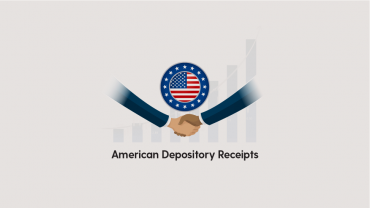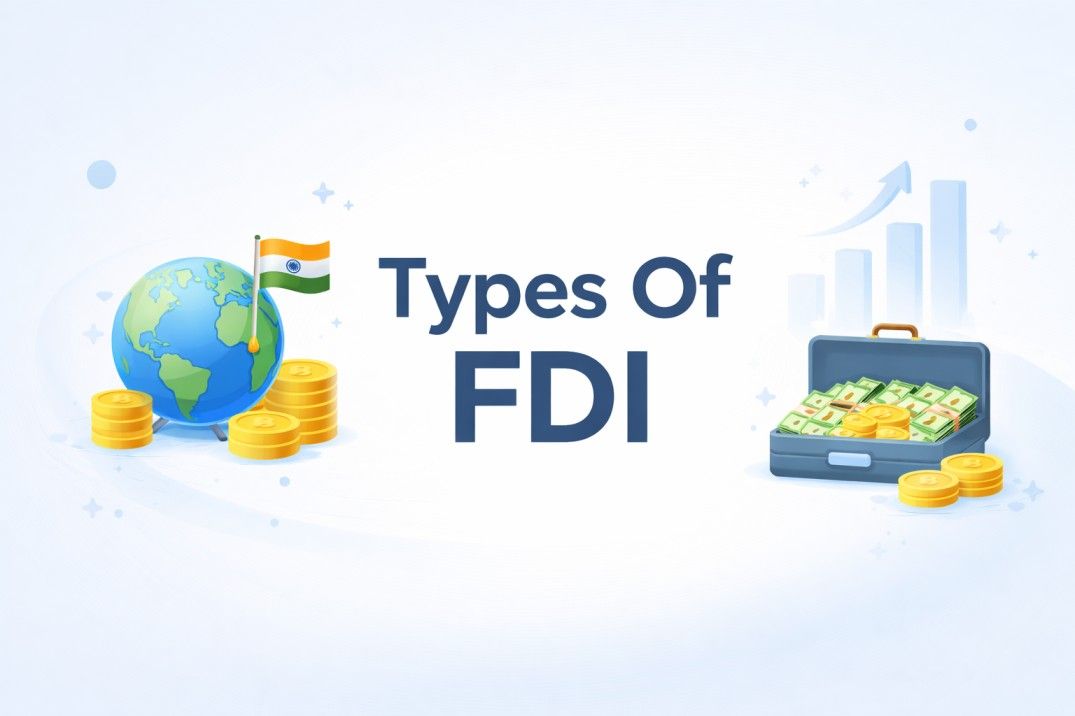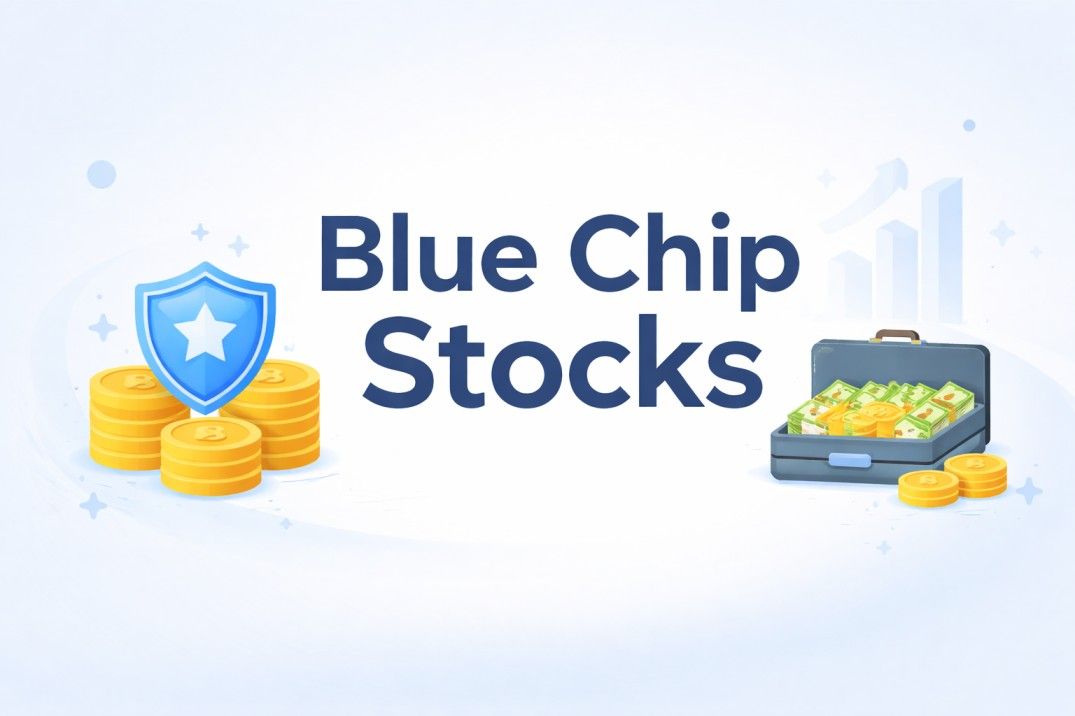What Is ADR – Know How To Invest With American Depository

- Published Date: January 04, 2021
- Updated Date: January 29, 2025
- By Team Choice
Cross-country investing is faster and easier than ever. Technology has made this possible, but some investment instruments are specifically designed to facilitate that, ADRs are one of them.
What is an ADR?
ADR or American Depository Receipt is an investment instrument that allows investors to indirectly own shares of a foreign company not directly traded on U.S. exchanges.
ADR is a fantastic investment option for global investors. Using an ADR helps you to indirectly own foreign stocks and a ‘depository’ bank holds it for you. Let’s see what it’s all about,
What is an American Depositary Receipt?
All multi-national or foreign companies don’t necessarily trade directly on U.S. exchanges. To provide the investor with this option, banks and other financial companies can purchase shares of such companies through their foreign branches. These are sold as indirect ownership in the form of ADR or American Depository Receipts.
Trivia: J.P. Morgan, founder of the J.P. Morgan & Co. (today JPMorgan Chase) created the first ADR in 1927. This was to allow American investors to buy shares of a British Department Store.
As of today, there are over 2000 ADRs, offering shares of companies located in over 70 countries.
Leading Banks
Leading depository banks that issue ADRs are The Bank of New York, JPMorgan Chase, Deutsche Bank and Citigroup among others.
ADR can be used to buy a single share or even a fractional share. Since opening a brokerage account in every country you want to invest in is a time-consuming process, ADRs sure do come in handy, as they are sold over the counter.
Advantages of ADR
Convenient and Easy: ADRs are flexible enough to be bought and sold like a regular share of Amazon, Google, or IBM.
One Account, One Broker: Don’t need multiple brokerage accounts or new brokers; the same broker that you regularly work with can be used.
Prices in Dollars: Prices of shares and dividends paid are in U.S. Dollars for ADRs
Trading ADRs: ADRs can be traded on U.S. exchanges during U.S. market hours, and have the same clearing and settlement procedure as a stock
Disadvantages of ADR
Limited variety: All foreign companies are not available via ADRs
Liquidity: Despite their ADR programs, quite a few foreign companies are traded very thinly
Foreign Exchange Risk: ADRs can be bought using dollars but the investment is still exposed to fluctuations in foreign currency value
Diversification difficult: Need significant capital to create a diversified ADR-specific portfolio
High fees: ADRs are expensive than traditional stocks
Using ADRs
ADR is a great tool to create a strong portfolio if you have some international investing experience. The flexibility allows you to tap companies, sectors, and even countries when it comes to investing. It’s better to be hands-on with the basics by investing in international mutual funds or ETFs before investing with ADRs.
Financial Advisor
The tax implications of investing via ADRs are different as tax laws of the company’s home country are applicable, it’s better to have a financial advisor on board before investing in ADRs.
Recommended for you

FII DII Data - Live Data

Copper Price Forecast for Next Week

Types Of Foreign Direct Investment (FDI): Benefits, and Key Factors
